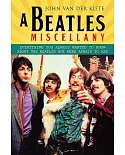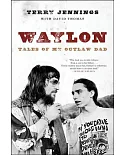A legend looks back on his six decades in music.
Ralph Stanley was born in 1927 in a corner of Virginia known as Big Spraddle Creek, a place where music echoed from the ridge tops, was belted out by workers in the fields, and resonated in the
one-room country church where Ralph first found his voice. For his eleventh birthday, Ralph was given five dollars, and had to chose between buying a sow or a banjo. He chose the banjo, which
his mother taught him to play in the clawhammer style. In 1946, he combined his banjo with his brother Carter's guitar, and the two blended their voices into one as the Stanley Brothers. For
twenty years the Stanleys chased the dream through good times and hard times, until the hard times caught up to Carter and he succumbed to liver disease at age 41. In the four decades since his
brother's passing, Ralph has brought his music from the hills and hollows of southwest Virginia to the wide world.
Now in his eighties and still touring, Ralph has at last grown into his voice and is ready to tell his story. In Man of Constant Sorrow, Ralph looks back on his career in what most call
bluegrass but what he prefers to call "old time mountain music." He recounts the creation of hundreds of classic tracks, including "White Dove," "Rank Stranger," and his signature song, "Man of
Constant Sorrow." He tells tales from a life spent on road with his band the Clinch Mountain Boys, explains his distinctive "Stanley style" of banjo-playing, crosses paths with everyone from
Bill Monroe to Bob Dylan, and reflects on his late-career resurgence sparked by an unlikely Grammy win in 2002 for his song "O Death." He also raises a dirge for Appalachia, his mountain home
that is quickly disappearing.
Harmonized with equal measures of tragedy and triumph, Man of Constant Sorrow is the stirring testament of a giant of American music.





















